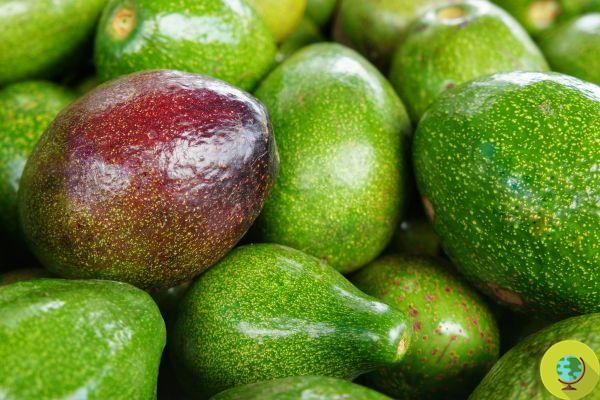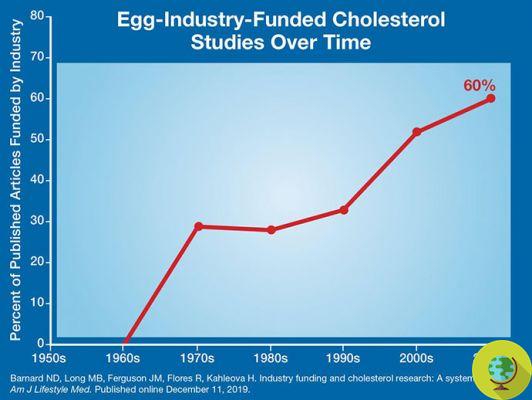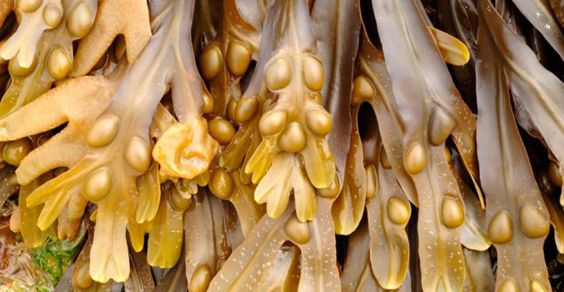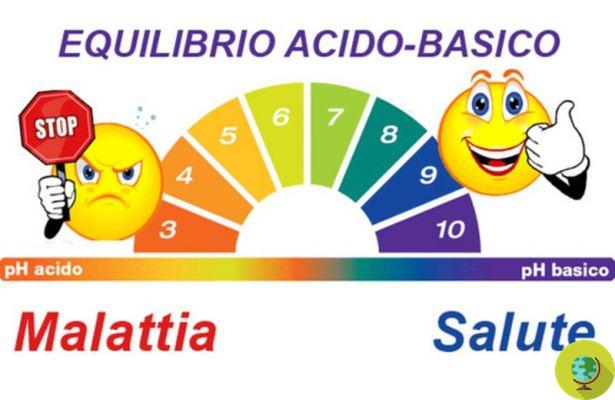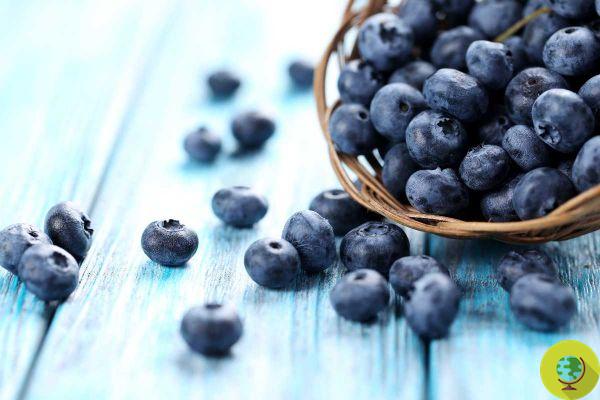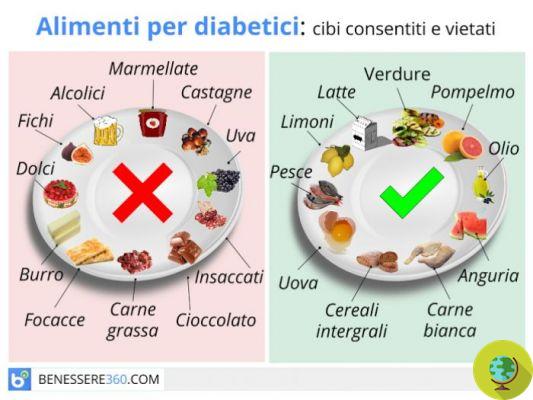
A study found that much of Greenland's population lost the function of a sucrose digesting enzyme
Don't store avocado like this: it's dangerousA study found that a large chunk of Greenland's population lost the function of a sucrose digesting enzyme
For millennia, the people of Greenland have enjoyed a relatively sugar-free diet. Without the need to quickly process certain carbohydrates, many have lost the function of a key enzyme for processing sucrose. To find out what this loss means for the health of today's populations, a team of researchers led by scientists from the University of Copenhagen analyzed the health of thousands of Greenlanders.
The gene at the center of the study produces thedifficult sucrasi-isomaltasi; at some point in the history of Greenland it changed until it no longer worked. Just over a third of its descendants now carry at least one of these "corrupt" variants. Working versions of the enzyme are found in our intestinal wall, where they deal with digestion of dietary carbohydrates such as sucrose (the type of sugar that is added for example in coffee) and theisomaltosio (a component of caramelized glucose).
Based on the results of studies on children, this sugar-absorbing enzyme is necessary for good health, since without it, the consumption of any significant amount of sugary food causes diarrhea, intestinal irritability and vomiting.
The research was based on an assessment of the blood chemistry, diet and diabetes history of over 6.000 Greenlandic volunteers, along with a study of their genes; all were over 18 years old. Surprisingly, where children would have suffered severe reactions to sugar consumption to the point where it could affect their development, adults more or less survived. The results associated having two copies of the "deceased" gene, with a lower body mass index and reduced percentages of fat, as well as a healthy lipid profile.
One group within the study population also showed interesting levels of a chemical called acetate. The circulation of this short-chain fatty acid It has been linked to a decreased appetite, further indicating that the loss of this key enzyme could have some benefits in a world where it is difficult to avoid high-energy overeating.
Researchers suspect that the surplus of simple carbohydrates in the intestine can favor the microflora that transforms it into acetate, transforming it from an irritant potential to a tool for a healthier diet. Obviously, further studies are needed to fully analyze the consequences of inhibiting functional forms of sucrase-isomaltase in the gut of individuals who may need a hand in digesting sugars.
Follow us on Telegram | Instagram | Facebook | TikTok | Youtube
Photos: Gastroenterology
Could it be interesting for you:
- Hidden sugars: Watch out for these foods you consume every day. The nutritionist's advice to "find" them on the label
- Because when you eat sweets you shouldn't make this mistake that (almost) everyone makes
- The incredible amount of sugar you take with these unsuspected and apparently healthier products
- What happens to your body if you stop eating sugar for a month?
- What happens to your metabolism (and blood sugar) if you eat after this specific time




